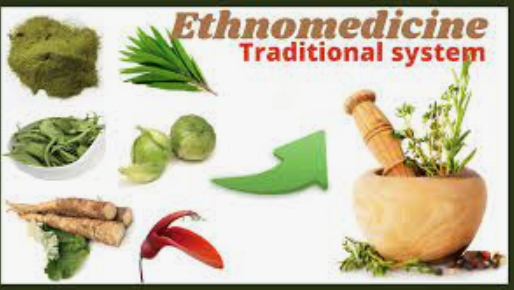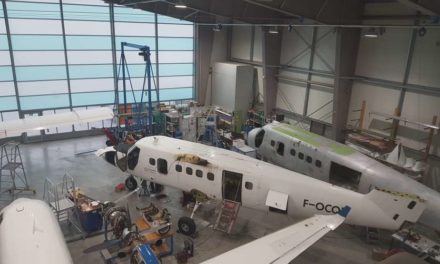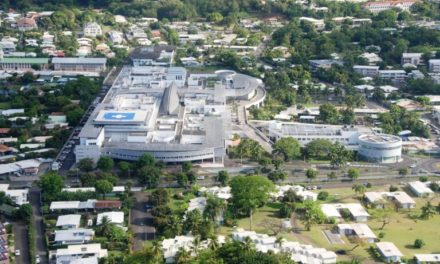A course in ethno-medicine will be offered next year to students at the University of New Caledonia.
This university diploma in ethno-medicine will initially be aimed at the medical and paramedical professions. The aim is to enable these medical professionals to acquire knowledge in this field and thus respond to patients’ needs in the best possible way. Many doctors are convinced of the usefulness of this training. Patients often turn to traditional doctors. These are very important to them.
The two types of medicine are complementary
One thing is clear: if they are to provide good care, doctors need to take account of this anthropological aspect of medicine.
In the weekly Demain, Édouard Hnawia, a researcher at the Institute for Research and Development in Nouméa, says that “this diploma will make this medicine better known,” but also “avoid catastrophic situations where the discussion between doctors and patients breaks down. For him, “the two types of medicine are not opposed, they are complementary”. Students will find five course modules at their disposal:
- anthropology of health ;
- law and ethics ;
- ethno-pharmacology ;
- environment ;
- risks, medical traditions and ethnobotany.
This new course illustrates the University of New Caledonia’s desire to become more closely integrated into the Pacific zone in all its diversity.





